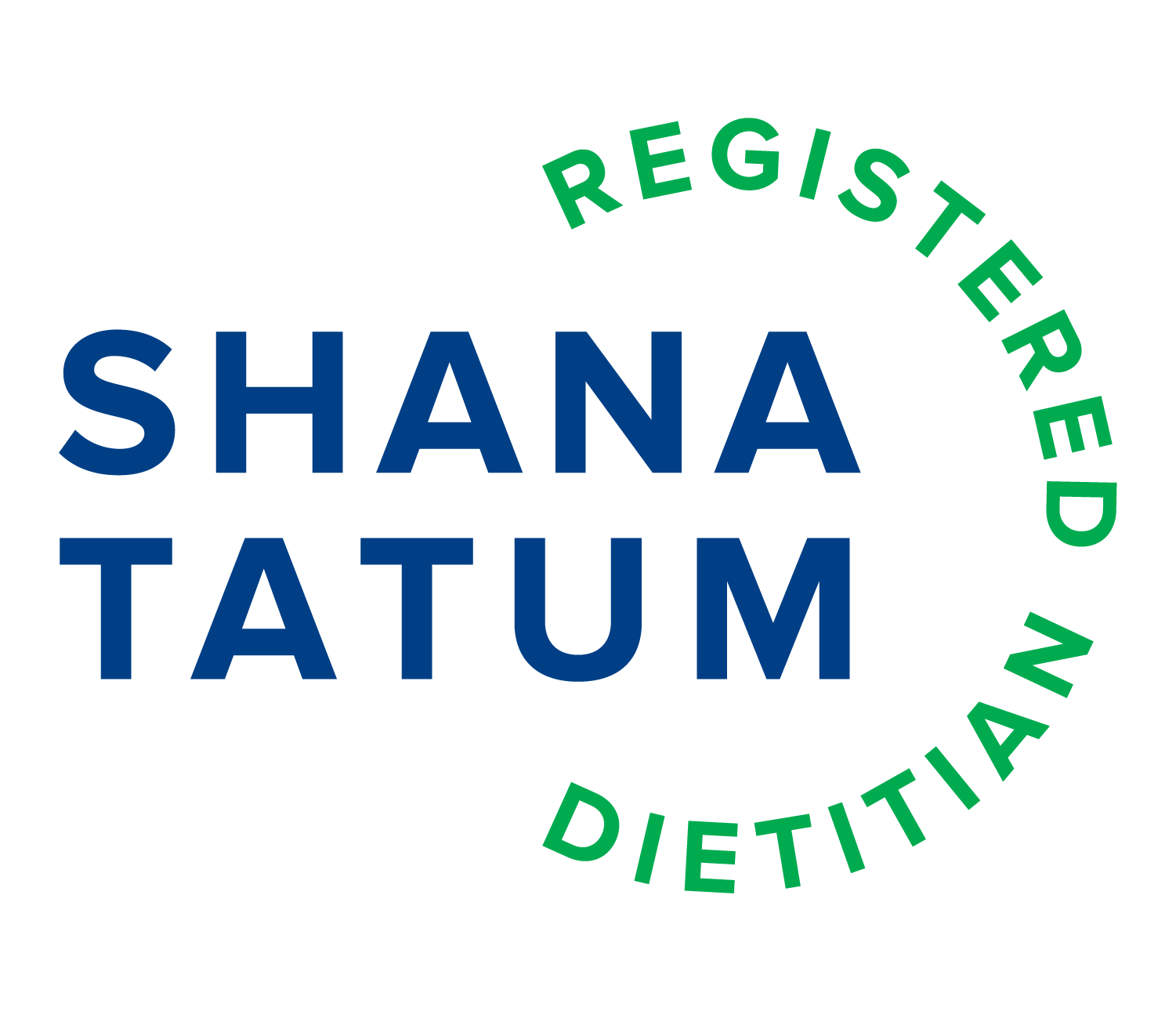Managing GERD: Understanding, Preventing, and Thriving
A Deeper Look into GERD
As a Registered Dietitian specializing in functional medicine, my goal is to empower individuals with the knowledge and tools to improve their health. Gastroesophageal reflux disease, or GERD, is a common digestive disorder that can significantly impact one's quality of life. Here, we will explore what GERD is, its potential triggers, effective prevention strategies involving nutrition and lifestyle, and the importance of recognizing its symptoms.
What is GERD?
GERD, or gastroesophageal reflux disease, is a chronic digestive disorder in which stomach acids, partially digested food, and fluids flow back into the esophagus. While a passing case of indigestion is normal, recurrent, and severe episodes of reflux may indicate GERD. This condition can affect people of all ages and may be temporary or long-term. Left untreated, GERD can lead to serious health problems, including inflammation of the esophagus. Another condition known as Barrett’s esophagus can be a result of GERD over time, changing the types of cells that line the esophagus. This can be a risk factor for esophageal cancer, as well as respiratory issues like asthma and pneumonia.
Recognizing the Symptoms
Although heartburn is the hallmark symptom of GERD, not everyone with the condition experiences it. Common symptoms include bad breath, persistent cough, painful burning and irritation at the chest and throat, nausea, vomiting, and difficulty swallowing. Dental erosion may also occur over time as stomach acids regularly wash back into the mouth. Recognizing these symptoms is vital, as early intervention can help manage GERD effectively. Minimizing other risk factors such as obesity and smoking can be helpful to reduce your chance of having GERD.
Diagnosis and Treatment
Diagnosing GERD may involve clinical evaluation based on symptoms and medical history. In some cases, additional testing by a gastroenterologist is required. This may include chest X-rays to assess potential respiratory problems, lung infections, or rule out other issues. An X-ray examination of the digestive organs can provide insights into your condition. If necessary, an endoscopy, a procedure that involves a flexible tube passing through the gastrointestinal tract to photograph, examine, and sometimes take tissue samples, may be recommended. A pH probe can also be employed to monitor acid reflux patterns.
Treatment may involve medication, but lifestyle changes are central for long-term management. Smoking cessation, weight loss, wearing loose-fitting clothing, maintaining an upright position for several hours after meals, not eating meals late, and sleeping with the head of the bed elevated are essential steps for managing GERD without relying solely on medication.
Nutrition and Prevention
Effective prevention and management of GERD often involve dietary adjustments. Understanding what and when to eat can significantly reduce the frequency and severity of symptoms. Fatty foods are known triggers for GERD symptoms. Choosing lean protein sources like poultry, fish, tofu, and legumes can be beneficial. Not overusing fat at meals, choosing baked over fried dishes, and opting for low-fat dairy options can help mitigate symptoms.
Certain foods and ingredients can exacerbate GERD, including mint, chocolate, alcohol, caffeine, acidic foods, and spicy dishes. It's important to monitor with a food journal your intake of these triggers. If patterns exist, consider reducing or eliminating them from your diet.
Meal timing and portion size also play a role in symptom management. Smaller, more frequent meals throughout the day can be more comfortable for individuals with GERD compared to large, heavy meals. A food diary can help identify patterns and triggers in your diet, which can guide personalized prevention strategies.
Things you can include that may be beneficial is a tea that contains demulcents like aloe vera, slippery elm and licorice. A favorite is Traditional Medicinals Throat Coat Tea. In addition, there are other products that are supplemental to the diet that combine these botanicals in higher doses that can be taken before meals that offer patients some relief without the acid reducing medications or used in combination to reduce reliance on medications.
Long-term use of antacid medications can cause other side effects to your health. These range from risk of infection from bacteria like C. difficile and Campylobacter spp, malabsorption of nutrients specifically minerals like calcium and iron and vitamin B12 deficiency. Collaborating with a healthcare provider can be helpful to see trends or patterns as well as offer suggestions for substitutions to help meet your nutrient goal.
Thriving with GERD
GERD is a manageable condition that requires careful attention to lifestyle, including nutrition, and regular communication with healthcare professionals. By recognizing symptoms, following recommended dietary and lifestyle changes, and seeking guidance from healthcare experts, individuals with GERD can live a full and healthy life while minimizing the impact of this condition on their well-being.
If you wish to know more for yourself or a loved one, please contact me at www.shanatatumrd.com or @shanatatumrd to learn more.

